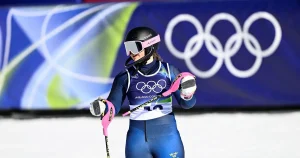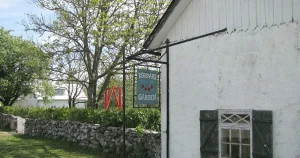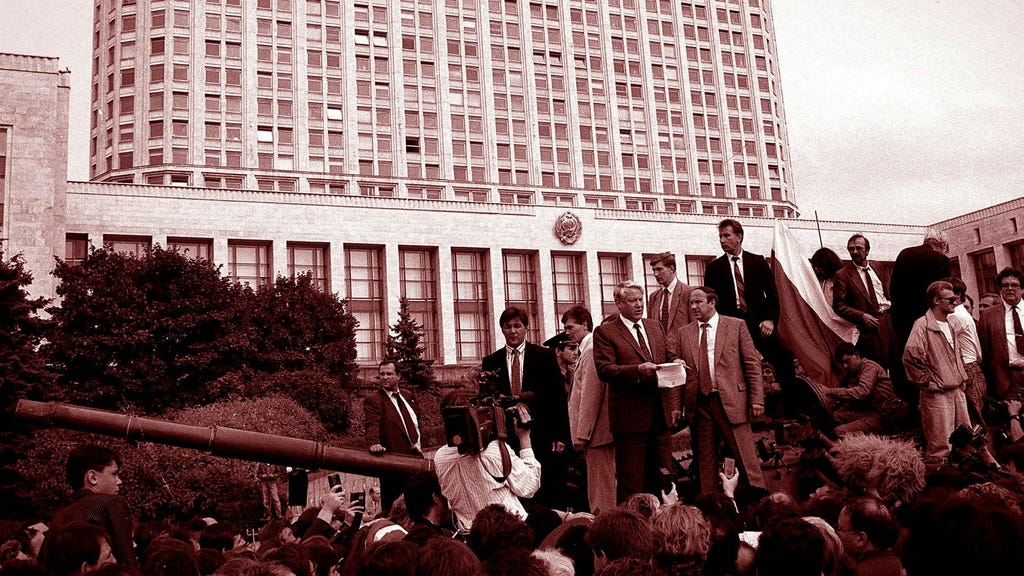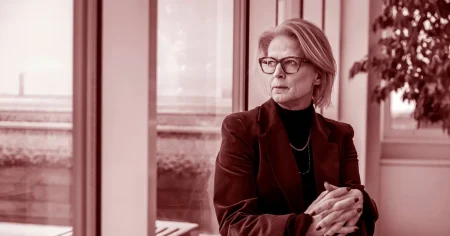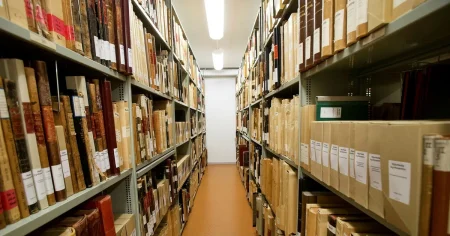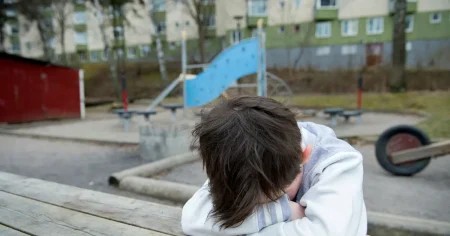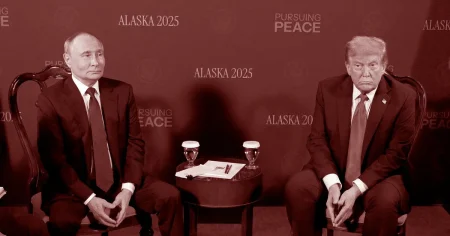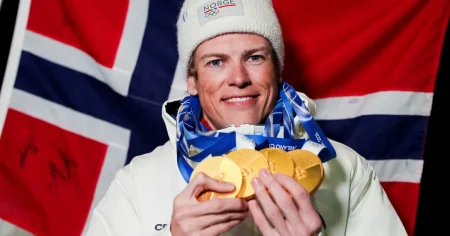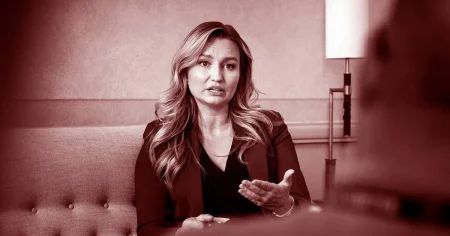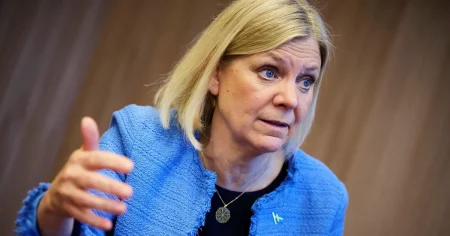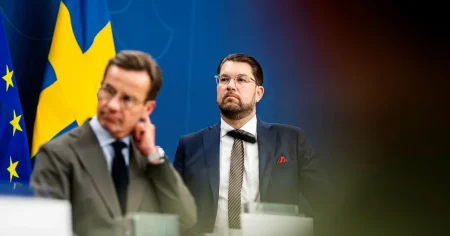The Whirlwind of Change: Boris Yeltsin’s Russia (1991-1999)
Russia is a land of rapid transformations, where historical shifts can occur with breathtaking speed. Twenty-five years ago, on December 31, 1999, Boris Yeltsin, a figure synonymous with this turbulent era, ceded power to his successor, Vladimir Putin. Yeltsin’s presidency, marked by both triumph and turmoil, was a period of unprecedented change, a dizzying rollercoaster of political and economic upheaval that reshaped Russia’s destiny and left an indelible mark on the global landscape.
Yeltsin’s ascent to power began years earlier, fueled by his growing disillusionment with the Communist Party he had once served. He viewed Mikhail Gorbachev’s reforms as insufficient, openly challenging the status quo and suffering political demotion as a consequence. However, this setback only strengthened his resolve. In June 1991, he was elected Russia’s first president, a victory that foreshadowed the seismic events to come. The August 1991 coup attempt by hardline communists, seeking to halt the dismantling of the Soviet Union, provided Yeltsin with his defining moment. Standing atop a tank, he defied the coup plotters, rallying the Russian people and the military to his side, effectively sealing the fate of the Soviet Union and cementing his own position as a transformative leader.
The collapse of the Soviet empire followed swiftly. Gorbachev was relegated to the sidelines, and former Soviet republics, including Ukraine, Belarus, and the Baltic states, declared their independence. The Warsaw Pact, the symbol of Soviet dominance in Eastern Europe, dissolved, leaving Russia to forge new relationships with former adversaries in the West. The Russian empire was no more, replaced by a vast, albeit diminished, Eurasian republic grappling with its newfound identity and place in the world.
Domestically, Yeltsin ushered in an era of nascent democracy and press freedom. He dismantled the remnants of the communist apparatus and embraced a free market economy, albeit one characterized by Wild West capitalism. This rapid transition led to widespread economic instability, enriching a select few while impoverishing many. Yeltsin’s personal struggles, often played out on the world stage, further complicated the picture. His erratic behavior, fueled by alcohol, and his penchant for gaffes became fodder for international media, creating a perception of Russia as unpredictable and unreliable. Yet, despite his flaws, he held the respect of Western leaders like Bill Clinton, who perhaps recognized the dangerous alternatives lurking in the wings.
Beneath the chaotic surface, Yeltsin’s commitment to democracy was often questioned. He ordered the shelling of the parliament in 1993 to consolidate his power, and his brutal war against Chechnya revealed a ruthless streak. By the end of his presidency, public fatigue with Yeltsin’s erratic behavior, economic mismanagement, and perceived humiliation of Russia on the world stage had reached a critical point. His resignation on December 31, 1999, was met with a mixture of relief and cautious optimism. The unknown quantity of his successor, Vladimir Putin, a former KGB officer, offered a glimmer of hope for stability and decisive leadership, albeit with a tinge of apprehension.
The transition from Yeltsin to Putin marked another turning point in Russia’s history, a shift from chaotic reform to authoritarian consolidation. The freedoms and democratic institutions Yeltsin had ushered in were gradually dismantled under Putin’s rule, replaced by a centralized state focused on restoring national pride and projecting power on the global stage. While the ultimate trajectory of Russia remains uncertain, the tumultuous years of Boris Yeltsin’s presidency undeniably laid the groundwork for the complex and challenging realities facing the country today. His era serves as a potent reminder of the unpredictable nature of Russian politics and the enduring tension between democratic aspirations and authoritarian tendencies that continues to shape the nation’s destiny.


